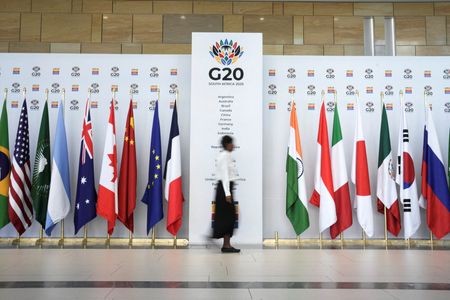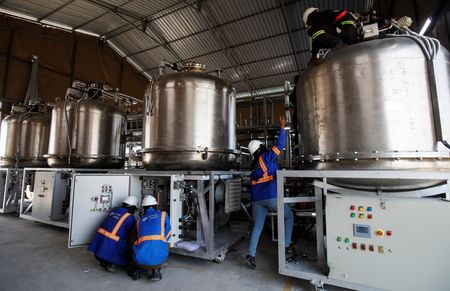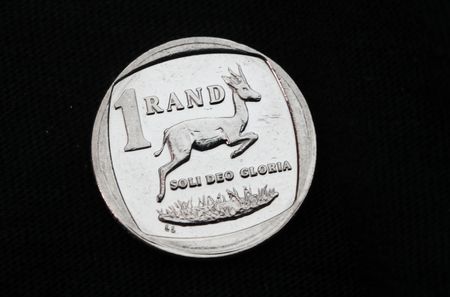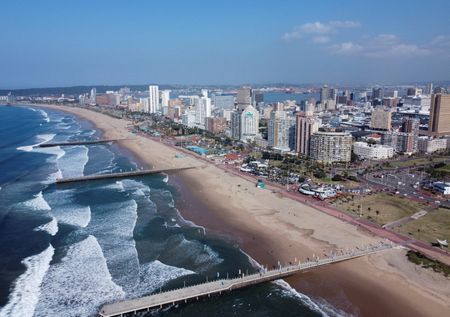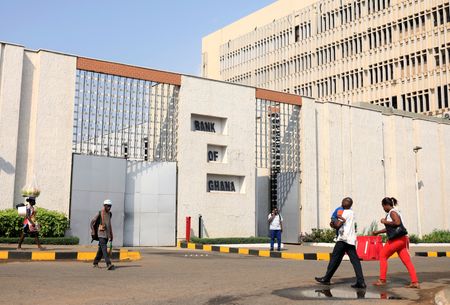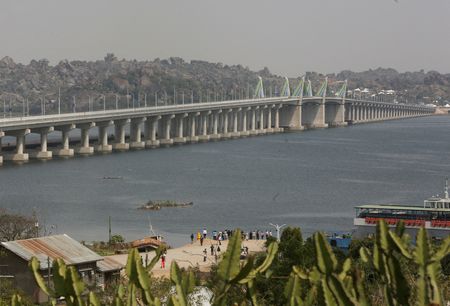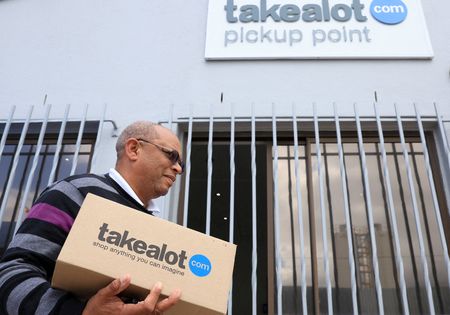By Maria Martinez, Olivia Kumwenda-Mtambo and Kopano Gumbi
DURBAN (Reuters) -Finance chiefs from the Group of 20 countries stressed the importance of central bank independence and pledged to boost cooperation in a communique they issued on Friday after a two-day meeting in South Africa.
In their first communique since last October, a month before President Donald Trump’s election victory and subsequent tariff war, the ministers and central bankers highlighted the uncertainty in the global economy caused by conflicts, trade tensions and frequent extreme weather events.
The issue of central bank independence hung heavily over the meeting in South Africa’s coastal city of Durban following Trump’s repeated berating of U.S. Federal Reserve Chair Jerome Powell for not cutting interest rates, attacks that have roiled global financial markets.
The communique was reached in the absence of U.S. Treasury Secretary Scott Bessent from the two-day meeting, though Washington was represented by Michael Kaplan, acting under secretary of the Treasury for international affairs.
Bessent also skipped the previous G20 finance chiefs’ gathering in Cape Town in February, even though Washington is due to assume the G20’s rotating presidency in December.
“Central banks are strongly committed to ensuring price stability, consistent with their respective mandates, and will continue to adjust their policies in a data-dependent manner. Central bank independence is crucial to achieving this goal,” the communique said.
South Africa’s deputy finance minister David Masondo told reporters that the meeting outcomes contained in the communique were “consented to by all members” and centred on “strategic macroeconomic issues”.
The United States has yet to issue any statement on the outcome.
The communique also recognised “the importance of the World Trade Organisation to advance trade issues”, while adding the body needed reform.
The agreement is seen as an achievement even though communiques issued by the G20, which emerged as a forum for cooperation to combat the 2008 global financial crisis, are non-binding.
“The biggest news is that they issued a communique instead of just a chair’s statement,” said Josh Lipsky, chair of international economics at the Atlantic Council. “This is a positive sign going into the year of the U.S. presidency. It shows some kind of momentum.”
WORDS CAREFULLY CHOSEN
While it referred to “extreme weather events and natural disasters” as economic challenges, the communique did not explicitly address climate change. The word “tariff” was notable by its absence from the document, which instead referred to “trade tensions”.
Trump’s tariff policies have torn up the global trade rule book and clouded the economic outlook almost everywhere. With baseline levies of 10% on all U.S. imports and targeted rates as high as 50% on steel and aluminium, 25% on autos and potential levies on pharmaceuticals, extra tariffs on more than 20 countries are slated to take effect on August 1.
German Finance Minister Lars Klingbeil said earlier on Friday that he made clear to his counterparts from the Group of Seven major economies that the global trade conflict must be ended quickly. The G7 discussions were on the sidelines of the G20 meeting in Durban.
The G20 communique also contained no mentions of Russia’s invasion of Ukraine, a divisive point for the group, nor the conflicts involving Israel and Hamas in Gaza. Instead, it mentioned “ongoing wars and conflicts” without elaborating.
At just over 2,000 words, the communique was less than half the around 5,000 words in the October 2024 document.
South Africa, under its presidency’s motto “Solidarity, Equality, Sustainability”, has aimed to promote an African agenda, with topics including the high cost of capital and funding for climate change action.
The finance ministers and central bank governors said in Friday’s communique that they were committed to addressing debt vulnerabilities in low- and middle-income countries in an effective, comprehensive and systematic manner.
(Reporting by Olivia Kumwenda-Mtambo, Kopano Gumbi, Colleen Goko, Philip Blenkinsop, Maria Martinez in Durban and Andrea Shalal in Washington; Writing by Emelia Sithole-Matarise; Editing by Rachna Uppal and Joe Bavier)

